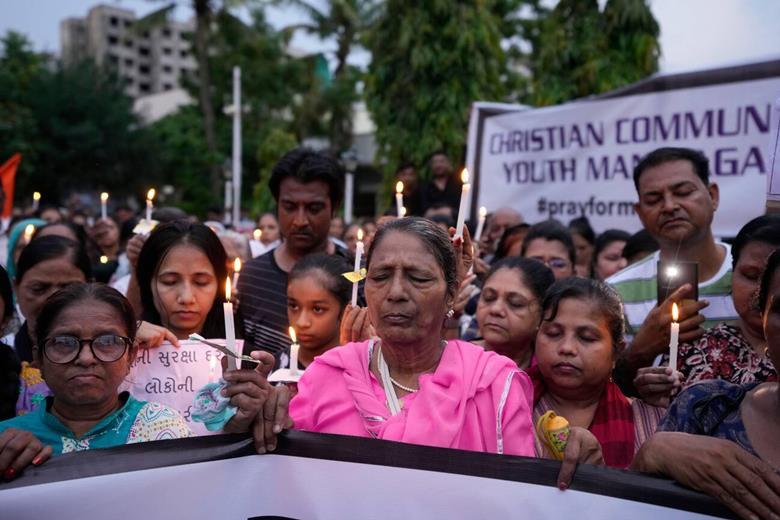Easter’s Global Hope: A Call for Recognition Amid Persecution
Joseph D’Souza2025-05-08T17:01:25+00:00Read on RealClearReligion. As an Asian church leader, I am grieved by the controversies in America and Western democracies over President Trump’s public affirmation of Christianity. These nations, often overlooking their Christian heritage, enjoy freedoms of belief and expression rooted in this legacy. My aim is not to defend Trump’s policies, which have yielded mixed global outcomes, particularly for the poor affected by reduced aid. While Trump’s “America first” stance mirrors other nations’ priorities, his administration could have shown greater compassion. It is also important to acknowledge the merit to claims that American generosity has been exploited, with China as a notable example. Even still, my heart lies with millions of Christians worldwide enduring anti-Christian bias, persecution, killings, and eroding religious freedom. In India, the decline in our liberties is devastating. Draconian anti-conversion laws in North Indian states prohibit house church prayer, while in Assam, praying for healing or deliverance is outlawed. These restrictions misjudge the outpouring of Jesus’ Spirit across India, where countless souls encounter His love, power, and restoration. This divine awakening, wrongly characterized as forced conversions, is spontaneous, not coercive. History affirms Christianity thrives under persecution, and Jesus’ followers in India will grow. There is no intent to forge a political Christian nation; Jesus’ Kingdom is a spiritual reality, not an earthly empire. For Christians suffering globally, the White House’s celebration of Easter under Trump shines as a beacon. Easter, the heartbeat of our faith, unveils the empty tomb, its stone rolled away, proclaiming the risen Christ who shatters death’s chains. Picture Him, arms outstretched, not bound to the cross, His radiant light piercing the dawn — a mystic vision glowing like stained glass in every believer’s soul. This symbolism of resurrection, [...]





